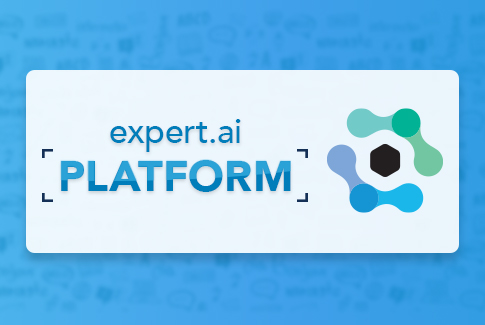
The 21st century has produced incredible technological advances. But technological leaps don’t happen overnight. They are often the result of decades of research and trial and error. Natural language processing (NLP) is an excellent example of this.
The concept of language as a science was first conceived by a Swiss linguist in the early 20th century. However, it wasn’t until the 1950’s that the idea of replicating the neural structure of the mind, in the form of AI, that NLP truly began to take form. Today, NLP is reaching its zenith and changing many aspects of daily life — especially how companies do business. In fact, the Global AI Adoption Index 2021 found that nearly half of all survey participants were already using NLP in their companies.
What Is NLP and How Does It Work?
Natural language processing falls under the broad category of AI but also shares key aspects of computational linguistics and computer science. At its core, NLP is the process by which machines learn to make sense of human language.
To do this, machines must be trained (by humans) with text or language-based data. Then, using an NLP model or algorithm, the system extracts tokens (i.e., words and sentences) from the text. Word context, topic categorization, and sentiment analysis are also part of the text analysis process.
Ideally, NLP results in a model that can successfully process text and eliminate any ambiguity within it — a process known as word sense disambiguation.
How Are Businesses Using It?
The business applications for NLP are abundant and far-reaching. For many companies, document review tends to be a time-consuming albeit necessary process. However, with NLP-powered automation such tasks are significantly streamlined, saving both time and money.
Companies are also applying knowledge discovery capabilities to gain new insights into their customer base and identify untapped revenue opportunities. In fact, according to the Global AI Adoption Index 2021, 52% of global IT professionals reported that their company is using or considering NLP solutions to improve their customer experience.
Likewise, out-of-the-box solutions like expert.ai’s natural language platform, give businesses the power to deploy NLP and AI at unprecedented speed and scale, significantly reducing the cost of implementation and deployment. Of course, NLP technology also affords a competitive advantage over the competition as adopters can create innovative personalized solutions on top of its core technology.
How Are Customers Benefiting?
Businesses aren’t the only ones reaping the rewards of NLP, as they are passing many of the benefits on to their customers. Take service-based organizations as an example. As customer expectations for service continue to rise, many organizations struggle to meet this new demand for high-quality support.
Businesses that invest in NLP-based automation can successfully address this pain point. For example, text and language from phone calls, emails and conversational AI chatbots are all automatically categorized and prioritized for response based on their content and subject matter. This leads to faster response times and higher customer satisfaction. Some companies have taken note, with the Global AI Adoption Index 2021 reporting that 35% of respondents are using NLP for email or text classification.
In insurance, NLP technology can be used to automate claims reviews and underwriting, allowing agents to review significantly more documents in far less time. The result is faster response times and higher customer satisfaction. Likewise, businesses can more effectively and consistently maintain best practices, reducing their risk of error.
Publishing and media face an ongoing struggle to attract readers and viewers. With AI automated text analysis, companies can easily create more personalized and engaging user experiences. For example, if a reader or viewer is interested in news related to bitcoin, NLP can extract that content, so the reader only sees what’s most .
What Is the Future of NLP?
The future of NLP is already here. The most advanced solutions experts are actively applying the next generation of NLP technology. This includes techniques such as symbolic AI, which applies IF-THEN logic to natural language algorithms to optimize algorithmic transparency and text analysis accuracy.
Expert.ai leads the way in the use of this technology, as well as hybrid AI, an approach that allows users to combine machine learning or deep learning and symbolic to achieve greater effectiveness across use cases.
Are you ready to revolutionize the way that you do business?


